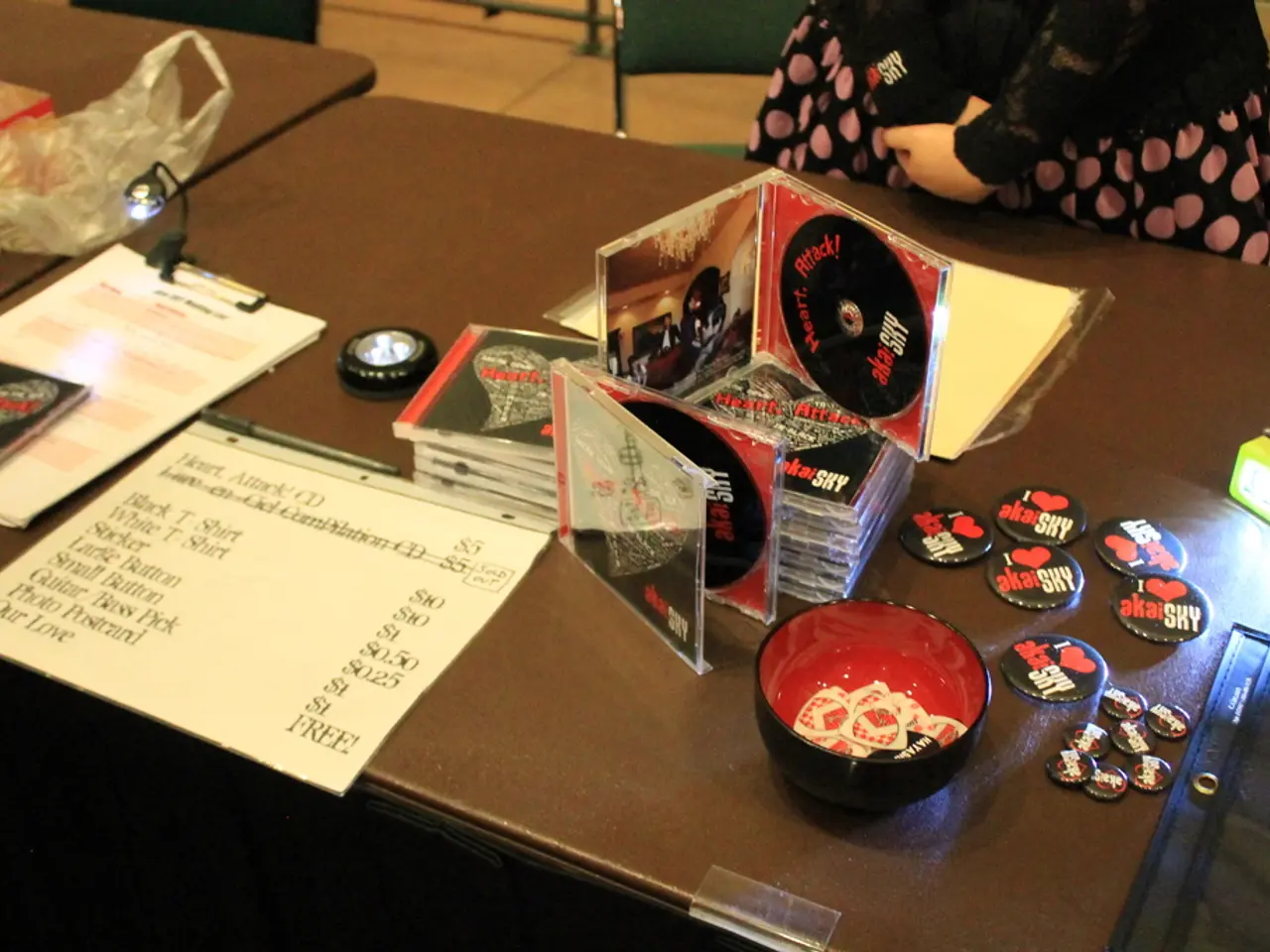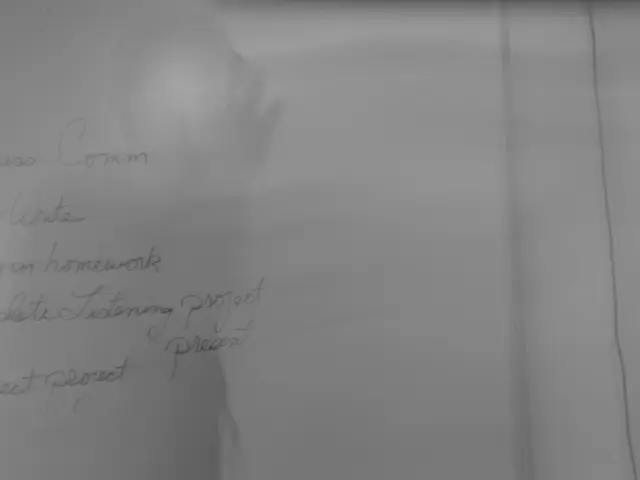Eastman Kodak Company Seeks Protective Reorganization Under Chapter 11 of U.S. Bankruptcy Laws
In a significant development, photography pioneer Eastman Kodak has filed for Chapter 11 business reorganization in the U.S. Bankruptcy Court for the Southern District of New York. The move comes as the company grapples with liabilities exceeding its assets by approximately $1.65 billion.
Meanwhile, the U.S. Supreme Court has taken a different course, granting certiorari in RadLAX Gateway Hotel, LLC v. Amalgamated Bank to resolve a Circuit court split over whether secured creditors are guaranteed the right to credit bid in a sale of their collateral conducted under a "cramdown" plan of Chapter 11. This decision, however, is not directly related to Eastman Kodak's bankruptcy filing.
The Supreme Court's ruling, if affirmative, would reinforce secured creditors' ability to bid for the debtor's assets by offsetting their debt claim instead of cash. This right, known as credit bidding, would allow secured lenders to act as stalking horse bidders, setting a baseline price in bankruptcy auctions, thereby protecting their financial interests and potentially enabling them to take ownership of the debtor company through credit bids if no higher offer emerges.
This decision has major implications in Chapter 11 reorganizations. It empowers secured creditors to use credit bids to preserve value by preventing asset sales below their secured debt's value. It helps maintain order in competitive auctions, incentivizing higher bids from other parties by establishing a credible baseline price. It influences the debtor's restructuring strategy by involving secured lenders proactively in the auction and sale process. And it can lead to secured creditors acquiring ownership stakes when no superior offers are presented, which may reshape post-bankruptcy capital structures.
Recent cases like Del Monte Foods and others have illustrated these principles in practice, where secured lender groups serve as stalking horse bidders via credit bids in Chapter 11 asset sales, while courts supervise bidding procedures and DIP financing to maximize value for all stakeholders.
Meanwhile, a separate hearing has been convened by Senate Majority Whip Richard J. Durbin (D-Ill.) to alleviate the potential "debt bomb" related to student loans. Currently, Americans owe more in student loans ($870 billion) than they owe in credit card debt or auto loans. However, it is almost impossible to discharge student loans in bankruptcy.
This article does not discuss real estate investing, foreclosures, lien priority issues, LLCs, or bankruptcy considerations related to Eastman Kodak or the student loan hearing. It also does not mention any connection between Eastman Kodak and Sergei Tokmakov, or any connection between Eastman Kodak and Facebook, Twitter, Pinterest, LinkedIn, Whatsapp, email, or Sergei Tokmakov.
In the realm of business and finance, the Supreme Court's decision in RadLAX Gateway Hotel, LLC v. Amalgamated Bank could impact Chapter 11 reorganizations, as it empowers secured creditors to bid for debtor assets with their debt claims, safeguarding their financial interests.
Conversely, in a different context, the student loan crisis looms large, with Americans owing a substantial sum in student loans, making it nearly impossible to discharge these loans in bankruptcy.




